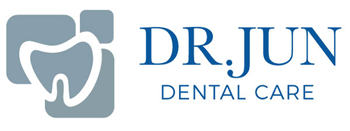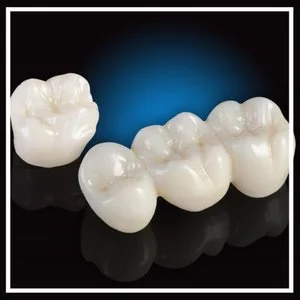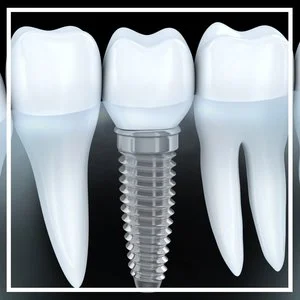Preventative
Dental Exam - To detect any potential dental or oral cavity-related conditions at an early stage, we recommend a dental exam every six months, or twice a year.
Digital X-Rays - Our dental practice utilizes digital x-rays to identify hidden cavities and other critical conditions that may not be visible to the naked eye. These digital x-ray sensors are employed to minimize exposure, enhance patient comfort, and improve the efficiency and accuracy of our diagnostic procedures.
Prophylaxis (Cleaning) - To promote healthy teeth and prevent gum diseases such as gingivitis or periodontitis, we recommend prophylaxis (cleaning) at least every six months. This procedure involves removing stains, plaque, and tartar/calculus build-ups from the tooth surfaces.
Scaling and Root Planning (Deep Cleaning) - To effectively treat gum disease, particularly periodontitis, we recommend scaling and root planing (deep cleaning). This procedure involves removing plaque and tartar/calculus build-ups located below the gum line and along the tooth root surfaces.
Fluoride Application - The application of fluoride helps prevent tooth decay by promoting the remineralization of tooth surfaces.
Sealants - Sealants are an effective preventative measure against tooth decay as they seal the fine, narrow pits and fissures on the chewing surfaces of the back teeth.
Restorative
Composite Resin Fillings (White Fillings) - Composite resin fillings, also known as white fillings, are a popular treatment for restoring decayed teeth with tooth-colored material. This option provides excellent durability and cosmetic improvements over traditional metal-colored amalgam fillings.
Root Canal Treatment - When a tooth is severely damaged, decayed, or infected, root canal treatment may be the last resort to repair and save it. This procedure involves removing the infected nerve tissue from the tooth to alleviate any associated toothache. In most cases, a crown is necessary to protect the remaining tooth structure after root canal treatment. Additionally, depending on the complexity of the tooth anatomy, a referral to an endodontist, a root canal specialist, may be recommended.
Crown - When a tooth cannot be restored with a filling, a crown is a type of cosmetic or restorative dental application that encircles the damaged tooth. This treatment restores the shape and size of the tooth while improving its appearance and strengthening it.
Bridge - A bridge is a dental appliance consisting of three or more connected crowns that serve to replace missing teeth. The bridge is anchored at both ends by natural teeth, with a false tooth placed in between to fill the gap left by the missing tooth/teeth.
Replacement
Extraction - Extraction involves the removal of a tooth from its socket, most commonly because the tooth is in an unrestorable condition due to tooth decay, periodontal disease, or dental trauma. Depending on the patient's condition and the severity of the tooth damage, a simple or surgical extraction may be recommended. In some cases, referral to an oral surgeon may be necessary.
Implant - A dental implant is a titanium metal post that serves as an artificial tooth root and is surgically positioned into the jawbone. Once the post has been implanted, an implant crown or bridge can be permanently attached. If you are deemed a qualified candidate for a dental implant, we will refer you to a proficient specialist for the surgical treatment, and we will complete the implant crown or bridge restoration treatments.
Denture - A denture is a removable appliance used to replace one or more missing teeth and restore chewing function, teeth movement, and cosmetic appearance. There are various classifications of dentures designed to serve different treatment purposes, such as partial or complete replacement, as well as immediate, temporary, or permanent options. Different types of denture materials are also available to choose from.
Emergency Care
We make every effort to attend to dental emergency patients as quickly as possible. While simple treatments may be provided on the same day, complex treatments may require multiple appointments or referral to the appropriate specialists.




